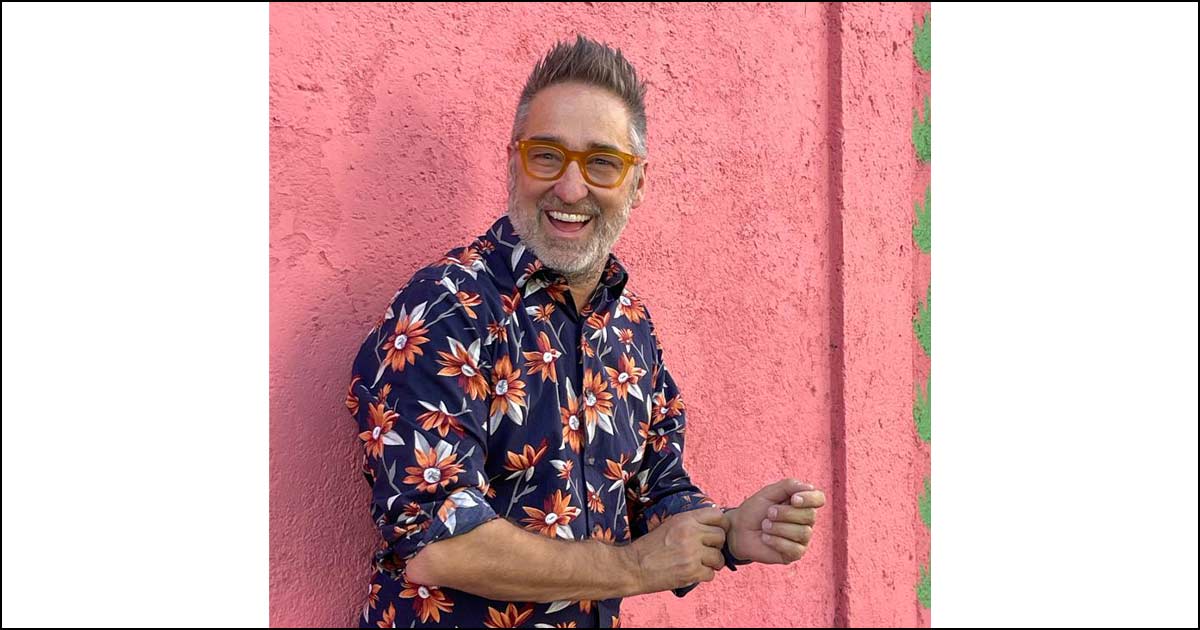Quality Leather Goods for Less
The Origin Story of Portland Leather Goods

Last Updated: By TRUiC Team
Almost everyone likes leather goods, but you usually need to choose between inexpensive and high-quality. Portland Leather Goods is different, offering high-quality handbags and other leather products for much less than many competitors.
This is its origin story.
Starting Simply
Portland Leather Goods started (as its name implies) outside of Portland, Oregon. “We had dozens of hipster artisans coming into our building in Portland every day and hand-cut and stitched all of our side items, custom-made to order,” Curtis says. “And then the pandemic hit. What we learned from the pandemic was there are sometimes no good answers. Do you try to keep all your employees working, or do you send them all home? Do you lay them off or keep them under the payroll?”
Then, the paradigm shifted. “Our head of marketing … said something that changed our company forever. He said books will be written about people who got afraid and people who got bold. He said it was time to be bold and grow in the midst of the pandemic while everyone else was sitting home waiting it out.” So Curtis booked a flight to León, México, where he set up a leather goods manufacturing facility. As it happens, that was the best move he could have made.
“It ended up being the perfect time,” he says. “León is the capital of leather footwear manufacturing in North America, and we were lucky enough to have all of the best artisans having just been laid off from their jobs. The best artisans were literally lining up at our door, asking if they could use their generational talents and craftsmanship to help us make our leather bags. We soon began to scale. At the same time, everyone was at home shopping online; we were delivering products to their doors. And they couldn’t believe the quality.”
Only the Best Leather
Portland Leather Goods says it uses “only the best leather in the world.” It sources hides from the US beef industry, ensuring that materials that would otherwise go to waste have a second life. The hides are tanned in eco-friendly facilities, and they aren’t coated or painted. Instead, every natural spot and scratch is considered a badge of honor and speaks to the leather’s quality and durability.
The company’s Leon workshop is located close to award-winning tanneries. This reduces environmental impact and fosters a community feel. Its primary marketing strategy is word of mouth. “We get more people buying from us because their friend told them about us than we do from Google, and we spend a fortune on Google,” he says.
“In order to get people a simple, beautiful leather bag, the kind that looks and smells and feels and ages like the amazing leather we all love, we created a small company to make bags with only the best leather, low prices, and amazing quality,” Curtis says. “You have heard those cliches before. But with millions of bags sold and being named a Top 10 fastest growing company in 2022, we really did hit the mark.”
That success continues. This year, Portland Leather Goods is on pace to sell more than $120 million worth of shoes, accessories, and leather bags (mostly the latter). In just seven years, the company became a top 100 Etsy store, built an online community with more than 80,000 members, and grew its team to more than 600 employees.
Three Things a Day
If Curtis has any advice for early-stage entrepreneurs, it’s not to try to do everything at once. Go that route, and you’re bound to accomplish very little.
“Some people start a business, and they're always coming up with their color schemes or website or anything, and they look back, and it feels like they haven't done anything,” he says. “The reason is they haven't done anything. They got nothing accomplished.”
A better approach is to focus on a few manageable things each day and to make sure you do them. Over time, those accomplishments will add up.
“Don't make some of them difficult,” he says. “Make one kind of hard, and make one kind of fun, and ‘oh, this is one thing I've been putting off.’ Don't prioritize the hard things at the top. That will screw you every time … Start proving to yourself and to your brain and to your heart and your confidence that you can actually do it. Do three things, write them down, [make them] non-negotiable, and do them today. And then you just get in the habit of doing that... Just as long as there's three things, you're gonna kill it.”
Scaling Up Production
One of Curtis’s primary goals for the company next year, and every year thereafter, is to increase production to meet increasing demand. In fact, he has set an ambitious goal of doubling production on an annual basis.
“Our main products will be out of [stock] next year. So … we're gonna scale again next year. And even though we sell so many bags, you can go through an airport and not see one yet, right? It's hard to believe that we sell that many things, and you don't see one in the Dallas airport. Or you see one or two. So we like to double every year. We may not double next year because we're living a pretty good life, but we'll grow 50, 60, 70, 80%.”
The main reason Curtis feels this is achievable is that he really believes in his team and his product. “The customer service, the amazing people we hired, they're gonna grow. And we're gonna [continue] being nice to people, making a real simple product. And we'll continue to get more and more of those made … until people say, we've had enough of these. And we're not near that place at this point.”





